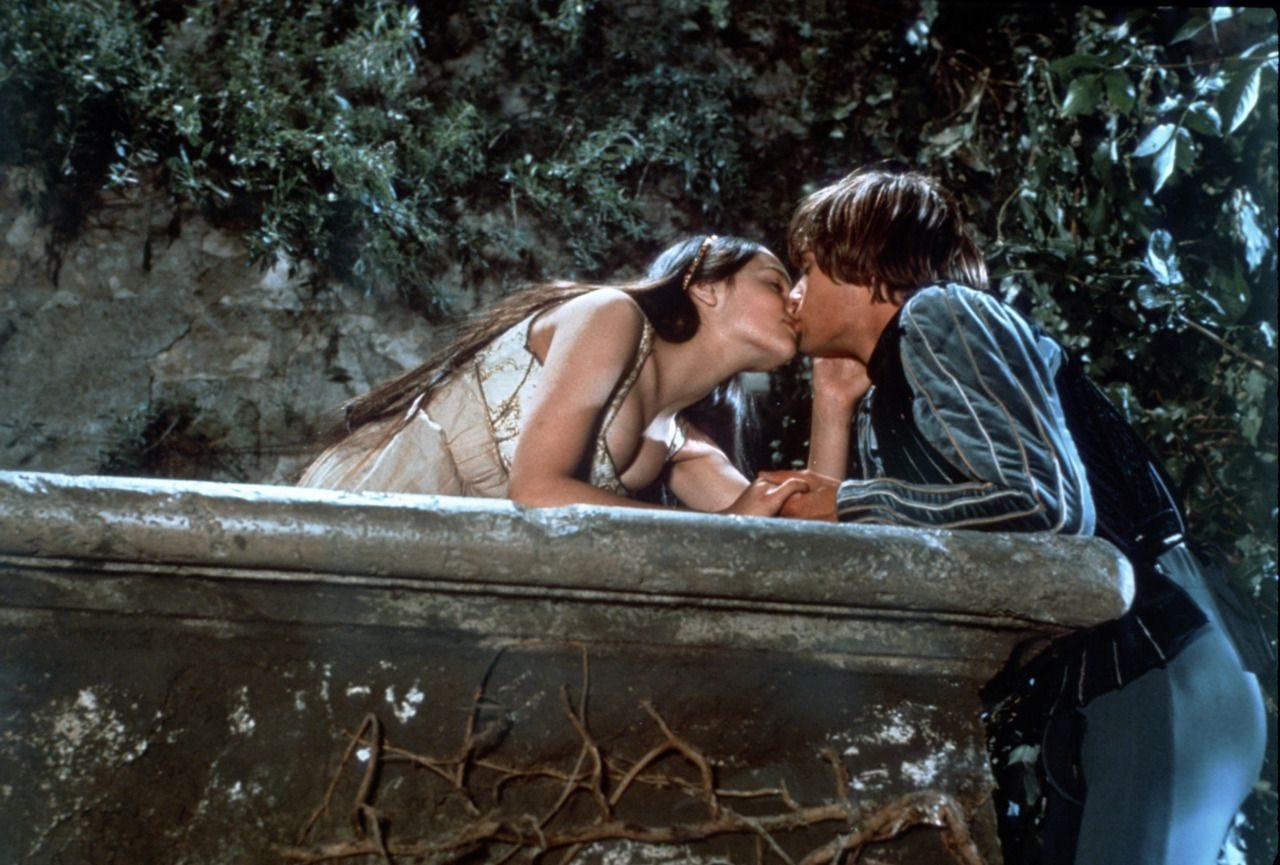When it was announced that Tom Holland was starring in London’s West End adaptation of “Romeo and Juliet,” produced by The Jamie Lloyd Company, as the titular Romeo, fans were ecstatic. Although Holland was the only one that had been cast so far, tickets sold out in a matter of hours. At that point, it was obvious that this adaptation would receive much more attention than most West End plays do due to Holland’s name being attached. However, that extra attention quickly became ugly and racist when Francesca Amewudah-Rivers was cast as Juliet. In typical internet fashion, whenever a Black woman is announced to star in a role typically associated with a white woman, people are quick to attack Amewudah-Rivers.
There were the usual cries of “woke Hollywood” (despite Hollywood having nothing to do with a West End production), vows to boycott the movie (even though it is a play whose run is already sold out) and criticisms over “historical accuracy (despite Romeo and Juliet being a fictional story). But the worst part was all the criticism over Amewudah-Rivers’ looks, with thousands of trolls hiding behind anonymous Twitter and Reddit accounts calling her too “ugly” and “masculine” to play Juliet. It was a clear-cut case of misogynoir.
There was a quick response to this outcry. The production and the director of the play quickly put out a statement condemning the racial abuse towards Amewudah-Rivers. Playwright Somalia Nonyé Seaton organized an open letter signed by more than 800 Black actors in solidarity with Amewudah-Rivers. These are all important steps and people working in the theater industry should stand in solidarity with Amewudah-Rivers. But, it is hard to ignore how often Black actors who are cast in racebent roles like these are simply left to shoulder racial abuse on their own while the people who cast them stay silent.
Again and again, racist attacks online dominate the narrative surrounding Black actors’ casting. Just recently, Leah Sava Jeffries faced it when she was cast as Annabeth in the new adaptation of “Percy Jackson.” But the backlash aimed at Amewudah-Rivers stands out for a couple of reasons. One, it isn’t even the first time a Black woman has played Juliet. In 2013, Condola Rashad played Juliet opposite Orlando Bloom on Broadway. Two, Black actors have been acting in Shakespeare’s plays since the 19th century. The theater community, for the most part, has embraced diverse casting and none of the actors of color that have been a part of this have been subject to online racial hate campaigns the way Amewudah-Rivers has because they were lucky enough to not be starring opposite Spiderman.
And therein lies the real root of the hatred against Amewudah-Rivers from people who haven’t read Shakespeare since 10th grade English class. They do have a vaguely perceived idea that racebent casting is “wrong” because of racism. But they also hate that a dark skinned Black woman like Amewudah-Rivers gets to play the love interest of a beloved white male actor like Tom Holland. To be clear, it is because of misogynoir. Now Amewudah-Rivers can’t just celebrate being cast as the lead of one of the most famous plays of all time, she has to brace herself to overcome the narrative that she isn’t worthy of the role created by people uninterested in seeing a Shakespeare play anyway.
But she is worthy of the role. And she deserves to have the people surrounding her stand up for her and take steps to protect her. That includes Tom Holland, who has stayed silent so far even though the majority of the people attacking Amewudah-Rivers have been his fans. Besides the director of the production, the majority of the people sticking up for Amewudah-Rivers have been other Black women. But the white actors and the people who cast these Black actors cannot stay silent in the face of racial abuse like this and then call themselves allies.








